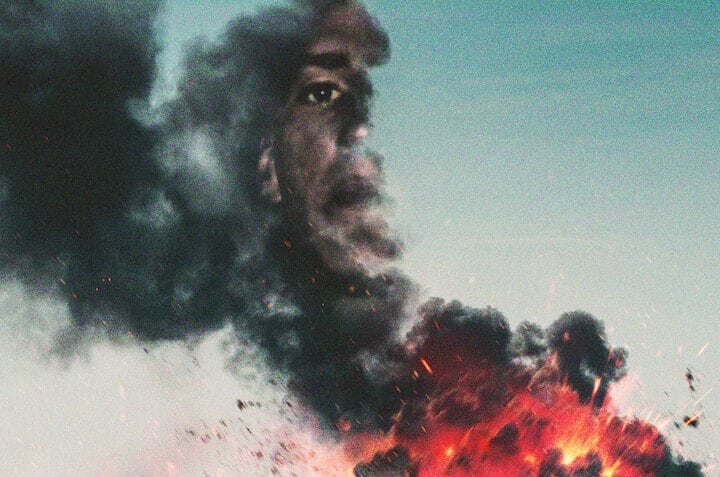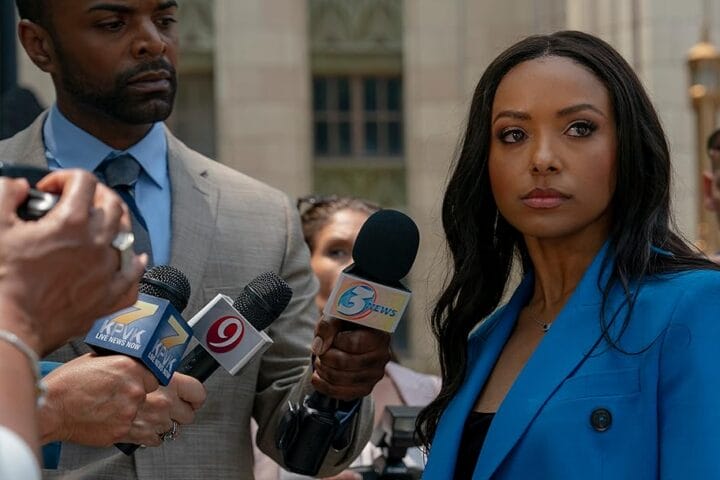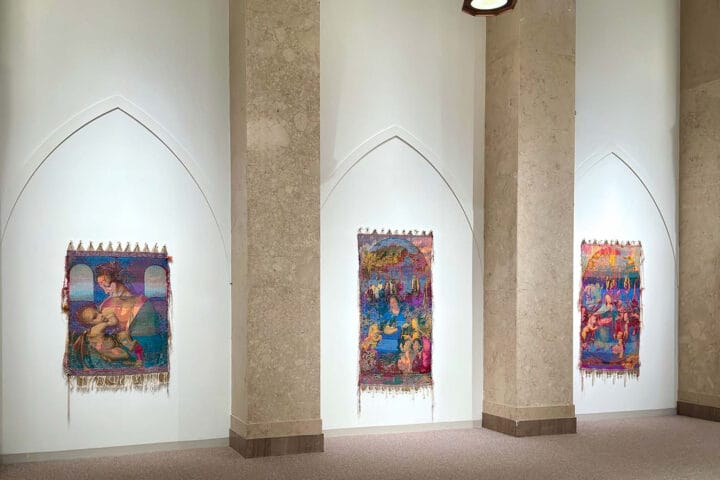In the summer of 1991, the world was rocked by the mysterious death of investigative journalist Danny Casolaro. Found dead in a hotel bathtub in Martinsburg, West Virginia, Casolaro’s death raised questions about a potential political cover-up. Was he murdered because he was on the verge of exposing a highly sensitive political conspiracy?
Early Life and Career
Danny Casolaro was born on June 16, 1947, in McLean, Virginia. He grew up in a Catholic family and developed a passion for writing and investigative journalism from a young age. After attending Providence College, he embarked on a career that included amateur boxing, writing poems and short stories, and even raising purebred Arabian horses. Casolaro also dabbled in journalism, exploring topics such as the Soviet naval presence in Cuba and the smuggling of opium into the United States by Chinese communist organizations.
Towards the end of the 1970s, Casolaro shifted his focus to the computer industry, acquiring a series of computer-industry trade publications. However, in the early 1990s, he decided to return to journalism and became interested in the Inslaw case, a software scandal involving the U.S. Justice Department.
The Inslaw Case
The Inslaw case revolved around a software company called Inslaw Inc., which had developed a program known as PROMIS (Prosecutor’s Management Information System). PROMIS was designed to streamline case management for law enforcement agencies. In 1980, the U.S. Justice Department became a major client of Inslaw, but the relationship soon turned sour.
According to William Hamilton, the founder of Inslaw, the Justice Department began withholding payments from Inslaw, driving the company into bankruptcy. It was later discovered that the Canadian government was also using Inslaw’s software without proper payment. This led to a legal battle between Inslaw and the Justice Department, with allegations of stolen software and financial impropriety.
Danny Casolaro’s Investigation
Danny Casolaro believed that the Inslaw case was just the tip of the iceberg. He thought it was part of a much larger and interconnected conspiracy involving corrupt U.S. officials, organized crime, and intelligence agencies. Casolaro referred to this sprawling network as “The Octopus.”
Casolaro’s investigation led him to interview Bill and Nancy Hamilton, the owners of Inslaw Inc. They introduced him to a man named Michael Riconosciuto, who claimed to have worked for the CIA and had knowledge of illegal activities related to the distribution of Inslaw’s software. Riconosciuto alleged that funds from the sale of the software were used to finance covert operations in Nicaragua, Central America, and the Middle East.
As word of the Inslaw scandal spread, Congress began to take notice. In August 1989, the House Judiciary Committee launched a formal investigation. Casolaro saw an opportunity to expose the truth and started gathering evidence and conducting interviews. However, his investigation took a dark turn when Michael Riconosciuto was arrested on drug charges shortly after sharing his story with committee investigators.
Undeterred, Casolaro continued his investigation and met with Elliot Richardson, the former Attorney General under President Richard Nixon. Richardson believed that the Inslaw case had far-reaching implications, stating that the conspiracy surrounding it was more sinister than anything revealed in the Watergate scandal.
The Death of Danny Casolaro
On August 10, 1991, Danny Casolaro was found dead in a bathtub at the Sheraton Hotel in Martinsburg, West Virginia. The official cause of death was ruled as suicide by the medical examiner. However, Casolaro’s family and friends were skeptical of this conclusion and suspected foul play.
According to the police reports, a suicide note and a single razor blade were found in the bathtub. Casolaro had twelve deep cuts on his wrists, with eight on his left wrist and four on his right. One of the cuts was so severe that it severed a tendon. The suicide note, allegedly written by Casolaro, raised more questions than it provided answers.
Casolaro’s loved ones questioned the authenticity of the suicide note, as it seemed out of character for him to take his own life. Furthermore, they pointed out that he had been receiving death threats leading up to his death and expressed fear for his safety. The circumstances surrounding his death, including the missing documents and the unexplained bruises, raised suspicions of a potential cover-up.
Investigations and Cover-Ups
Following Casolaro’s death, West Virginia authorities opened a formal investigation, but many believe it was insufficient and lacked professionalism. The crime scene was mishandled, with crucial evidence potentially being destroyed. Additionally, the police failed to thoroughly examine the surrounding rooms and interview potential witnesses.
Elliot Richardson, a prominent figure in the Inslaw case, believed that there was enough evidence to suggest foul play. He criticized the lack of a comprehensive investigation into Casolaro’s death and the subsequent cover-up by government officials. Richardson’s opinion was shared by Casolaro’s family and friends, who felt that the truth had been concealed.
The Legacy of Danny Casolaro
The death of Danny Casolaro left behind a legacy of unanswered questions and ongoing speculation. His relentless pursuit of truth and justice in the face of a vast political conspiracy has captivated the minds of many. Despite the passage of time, the case remains unsolved, and the full extent of “The Octopus” conspiracy, if it indeed exists, continues to elude investigators.
The mysterious death of Danny Casolaro remains an enigma, shrouded in allegations of political cover-ups and unanswered questions. His investigation into the Inslaw case and his pursuit of the truth surrounding “The Octopus” conspiracy led to his untimely demise. Whether Casolaro’s death was a suicide or a carefully orchestrated murder, the truth may never be fully revealed. The memory of Danny Casolaro serves as a reminder of the risks faced by investigative journalists and the importance of uncovering the truth, no matter the consequences.












